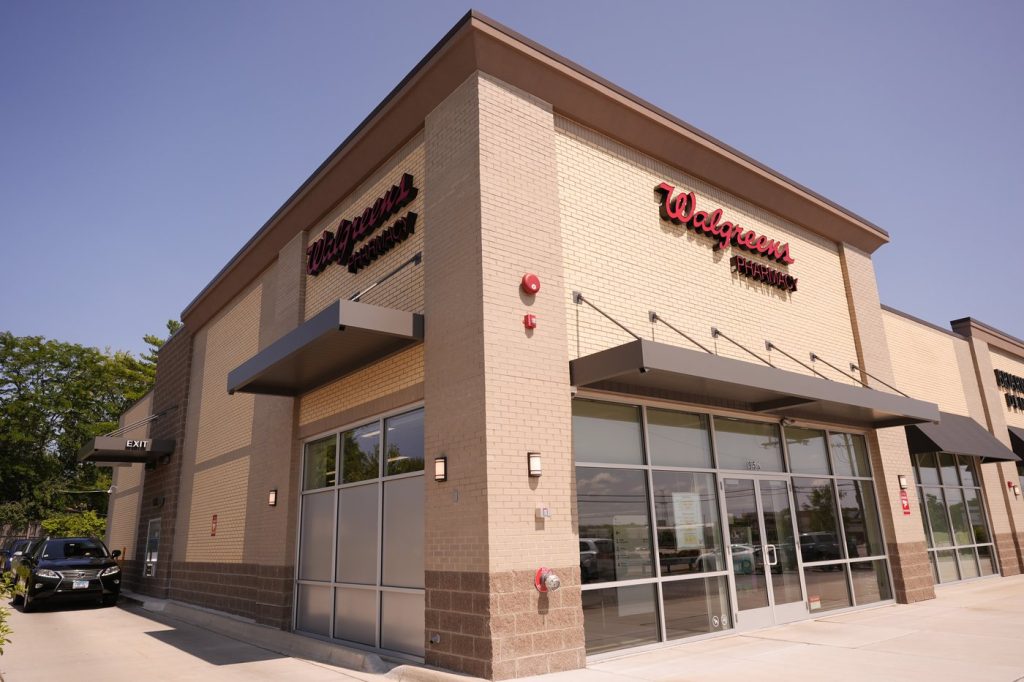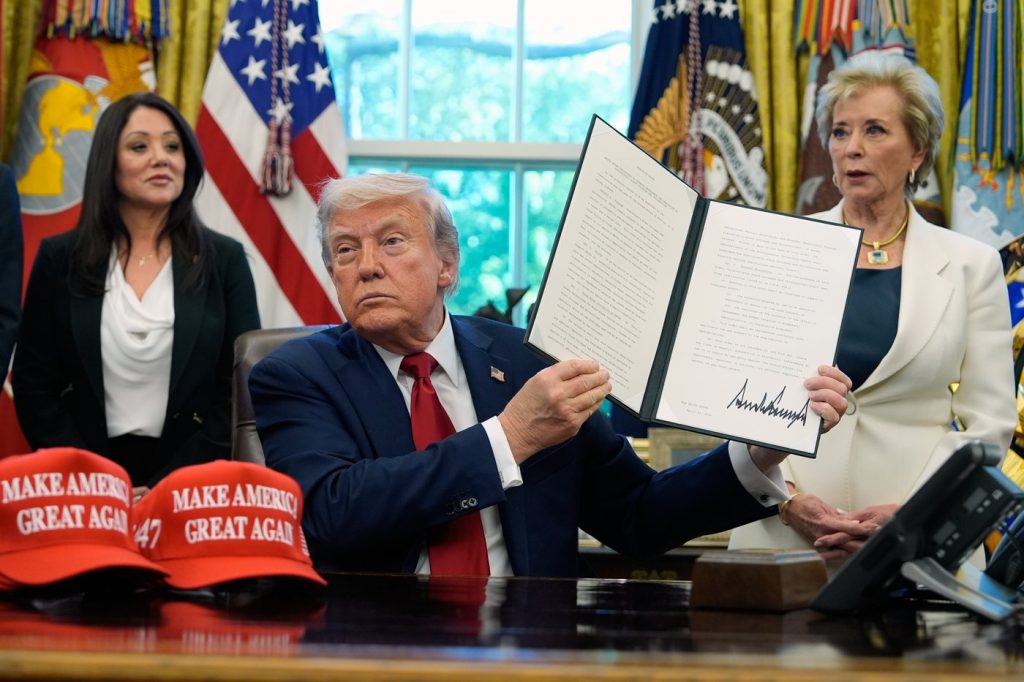Walgreens has reached a settlement agreement with the U.S. Department of Justice (DOJ) to pay up to $350 million, following accusations of illegally filling millions of opioid and controlled substance prescriptions over the past decade. The court settlement requires the pharmacy chain to pay a minimum of $300 million, with an additional $50 million contingent upon any future sale, merger, or transfer before 2032. This settlement was finalized last Friday.
The DOJ's complaint, filed in January in the U.S. District Court for the Northern District of Illinois, alleges that Walgreens knowingly filled millions of prescriptions deemed illegal between August 2012 and March 2023. These included prescriptions for excessive quantities of opioids, as well as those filled significantly earlier than allowed. According to the government, these practices highlighted serious lapses in compliance with regulations governing controlled substances.
Fraser Engerman, a spokesperson for Walgreens, stated, “We strongly disagree with the government’s legal theory and admit no liability. This resolution allows us to close all opioid-related litigation with federal, state, and local governments and provides us with favorable terms from a cash flow perspective while we focus on our turnaround strategy.”
This settlement comes amid significant challenges for Walgreens, which announced last October plans to close 1,200 stores across the United States due to declining store visits and market share. Similarly, Rite Aid faced bankruptcy at the end of 2023 as it grappled with financial losses stemming from opioid lawsuit settlements. The DOJ is also pursuing a similar lawsuit against CVS, reinforcing the scrutiny facing retail pharmacies.
The government's complaint alleges that Walgreens pharmacists filled prescriptions even when there were clear red flags indicating that these prescriptions were likely invalid. It is claimed that the company pressured its pharmacists to expedite the filling of these prescriptions, despite substantial evidence being available to compliance officials showing that unlawful prescriptions were being processed. Furthermore, Walgreens is accused of withholding key information about opioid prescribers from its pharmacists.
The DOJ alleges that Walgreens sought reimbursement for many of these invalid prescriptions through federal healthcare programs, in contravention of the False Claims Act. Following the settlement, the U.S. Justice Department has moved to dismiss its original complaint against the company.
Attorney General Pamela Bondi emphasized the legal duty of pharmacies, stating, “Pharmacies have a legal responsibility to prescribe controlled substances in a safe and professional manner, not dispense dangerous drugs just for profit. This Department of Justice is committed to ending the opioid crisis and holding bad actors accountable for their failure to protect patients from addiction.”
In addition to the financial penalties, Walgreens has made commitments to the Drug Enforcement Administration (DEA) to enhance compliance with rules regarding controlled substance dispensing. This includes implementing policies that require pharmacists to verify the validity of controlled substance prescriptions and establishing a system to block prescriptions from any prescriber deemed to be generating illegitimate prescriptions.
Walgreens has also agreed to collaborate with the U.S. Department of Health and Human Services to create and maintain a comprehensive compliance program. This program will feature training, board oversight, and regular reports to ensure adherence to proper dispensing practices of controlled substances.
Notably, the settlement resolves four legal cases initiated by whistleblowers who were former employees of Walgreens. In a broader context, Walgreens, alongside CVS, previously agreed to a multi-state settlement in 2022 totaling over $10 billion relating to the opioid crisis. In total, across the past eight years, pharmaceutical companies, wholesalers, and pharmacies have entered into settlements exceeding $50 billion with governments, with the majority of these funds earmarked for fighting the opioid epidemic.












